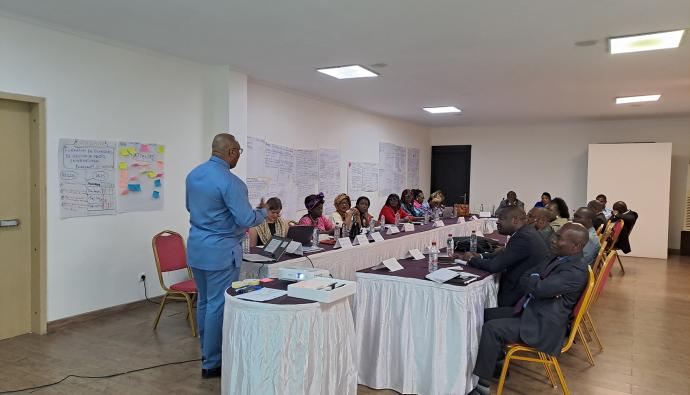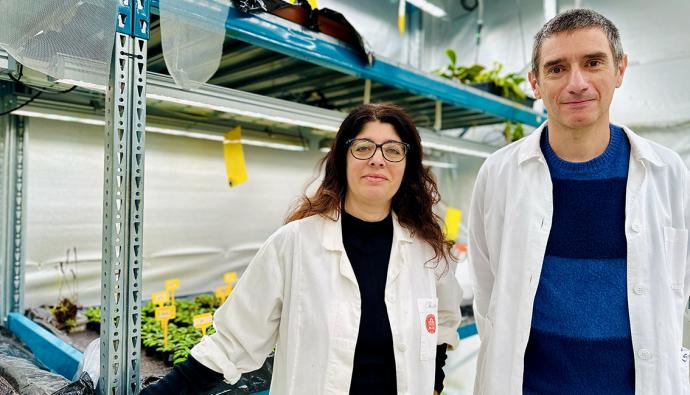children’s rights in the digital age: SANT’ANNA scholar of dirpolis institute LIDERLAB (law, politics and development) attended the CHILDREN’S RIGHTs AND INTERESTS CONFERENCE in TEL AVIV

The International Society of Family Law organized the Children's Rights and Interests ISFL Regional Conference in Tel Aviv to renew their commitment to the United Nations Convention on the Rights of the Child marking the 30th anniversary of entry into force of the international treaty.
Denise Amram, a scholar of the DirPolis Institute LiderLab, attended the Children's Rights and Interests ISFL Regional Conference in Tel Aviv on December 10. Amram focused on the “Data Protection and New Technologies: News Challenges for Children’s Rights Protection” for promoting and safeguarding the Internet of Things digital rights of the child in the EU's policies.
30 years after its adoption, the UN Convention on the Rights of the Child urges the EU Member States to develop an integrated EU strategy to ensure safe access to the Internet services and safe participation of children engaging with information and communications technology. Family Law scholars are expected to address the challenges of the digital age as children aged 11-16 are victims of cyberbullying, sexting, online grooming, fake news or other forms of online harassment. Parents, policy makers, private organizations and institutions are also expected to uphold the standards of the UN Convention on the Rights of the Child as it remains the only globally ratified instrument for protecting children’s rights. In particular, organizations have an express obligation under the General Data Protection Regulation (GDPR) to ensure that any transparency information about data processing which is addressed to a child should be in clear and plain language so that the child can understand it. The processing of children’s personal data and the rights of children as data subjects is relying on consent given by the person who has parental responsibility for the child (under 16).
However, there is still a need to foster safe online practices and to support children’s constructive responses to risks they encounter online; over the last decade the Council of Europe and other international organizations have emphasized the crucial need for empowerment of children through education, including digital literacy.



